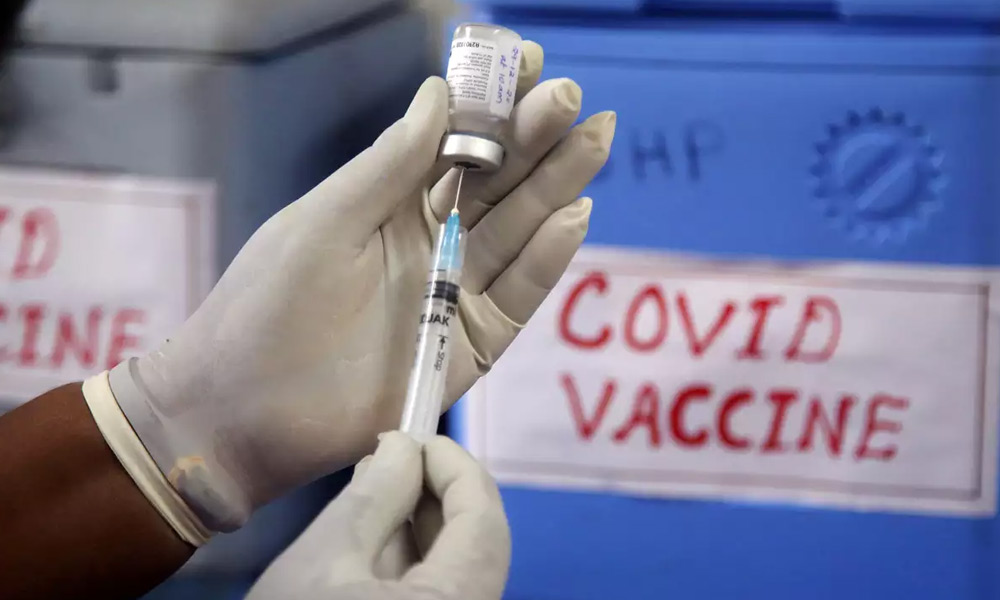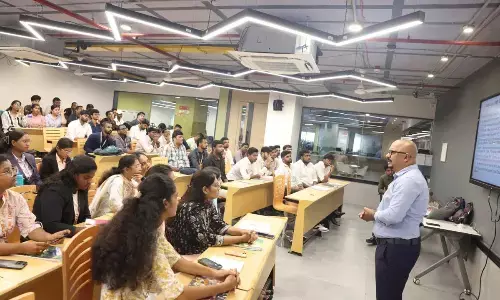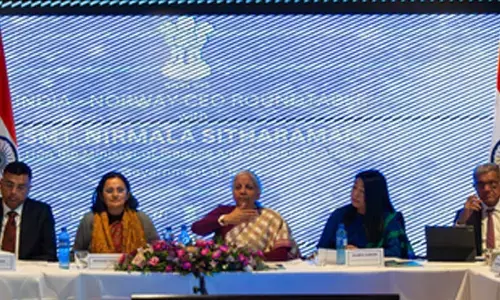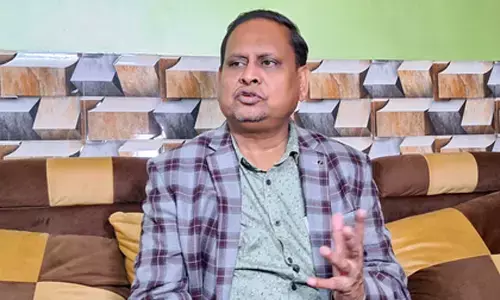Need to spread equitable distribution of vaccinations

Third phase vax drive from today: COVID-19 Vaccination for all above 45
WHO and partners have learnt from the mis-steps in response to the 2009 H1N1 influenza pandemic1 and established the Access to COVID-19 Tools (ACT) Accelerator to promote equitable access to vaccines, therapeutics and diagnostics
WHO and partners have learnt from the mis-steps in response to the 2009 H1N1 influenza pandemic1 and established the Access to COVID-19 Tools (ACT) Accelerator to promote equitable access to vaccines, therapeutics and diagnostics. Most low-income and middle-income countries (LMICs) face difficulties in accessing and delivering vaccines and therapeutics for COVID-19 to their populations. Multinational agencies, financial institutions, and wealthier countries should consider measures that could provide relief to indebted LMICs.
The World Bank, the International Monetary Fund, and others need to lead an international initiative to mobilise support for LMICs in need. Many LMICs do not have an established platform for vaccinating their adult populations. Although it is feasible to deliver COVID-19 vaccines to health-care and other front-line essential workers, in some LMICs it will be difficult to effectively reach and vaccinate with two doses all elderly populations and individuals with co-morbidities, given insufficient mechanisms to identify such groups.
The ultracold chain requirements of mRNA COVID-19 vaccines are likely to be an insurmountable hurdle. The infrastructure for vaccination in many LMICs is already inadequate, as shown by the 19·7 million under-vaccinated infants globally. Strengthening the capacity of LMICs to do clinical trials and promoting LMIC participation in research are crucial. Tracking the safety and effectiveness of different COVID-19 vaccines over time in various populations and settings will necessitate improvements in pharmacovigilance.
Regulatory authorities in many LMICs need to be strengthened and could benefit from a programme of national and international support, as well as regional cooperation and reliance mechanisms. As part of internationally coordinated actions, Covid-19 technologies should be transferred to LMIC-based manufacturers, accompanied by regulatory guidance. Efforts to boost local manufacturing capacity in LMICs will contribute to equity, global solidarity and global health security. India and South Africa have called for the suspension of intellectual property rights related to Covid-19 vaccines to improve access for LMICs, a move now supported by many other countries, but opposed by the pharmaceutical industry, which cites the disincentive to innovation.
There are further challenges. Governments in LMICs with strong private health sectors, as those in high-income countries, will need to manage the inherent potential for inequity, whereby the rich could access Covid-19 vaccines before individuals with less access to private care who may be at increased risk of severe disease and death, such as older people and those with comorbidities. LMICs affected by war, civil conflict, economic crises, or natural disasters, or with large refugee populations or populations with special needs or vulnerabilities need additional support for vaccines and vaccination under extremely difficult operational conditions.
Re-examining global governance structures, including the UN and its Security Council, is much needed so that the voices and interests of billions of people in LMICs are better represented and recognised. Global support to multilateral institutions is essential to sustain their support to LMICs to facilitate vaccinations globally. The Covid-19 pandemic shows that no nation can stand alone. We are all part of a common humanity that requires us to respect our diverse experiences, cultures, and countries and forge partnerships that better serve the interests of all, as the health experts world over aver.









